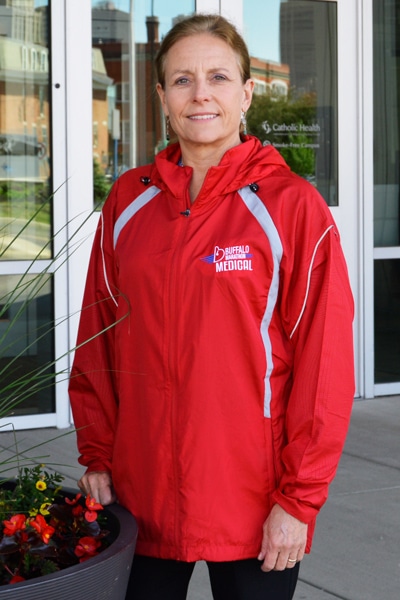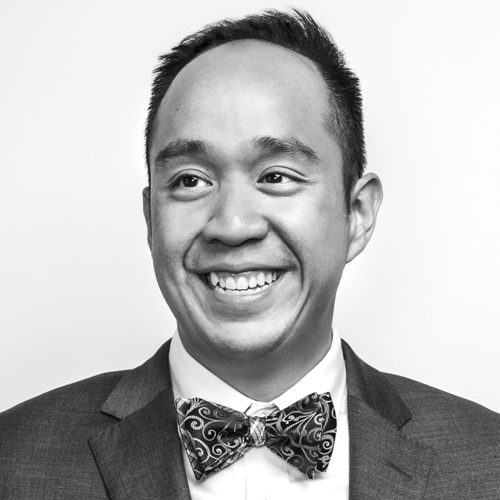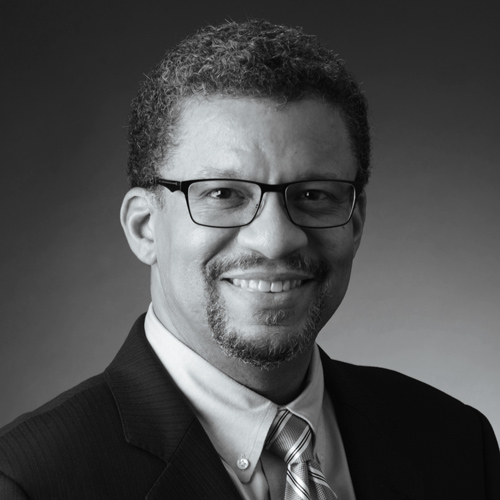Most people have heard the saying “Life is a marathon, not a sprint,” but Nancy Sheehan truly embodies it. As a former long-distance marathon runner and nurse, Sheehan has applied a marathoner’s attitude to her career.
Sheehan started her professional journey as a nurse. She liked working with people, and after getting an associate in applied science degree in nursing, she took a job at BryLin psychiatric hospital in her hometown of Buffalo, New York. A while later, Sheehan moved to St. Louis, where she continued to work in healthcare while simultaneously getting a bachelor’s degree in business management. “It was challenging going to night school while working and raising four children, but I didn’t think an associate’s degree would carry me very far,” she explains.
After returning to Buffalo, Sheehan accepted a management position at Clearview, a substance abuse program at Mount Saint Mary’s Hospital, but still felt something was missing. “I wanted to be more autonomous, have input in decision making, and have greater control of my career,” she explains. Her brother, a personal injury attorney, suggested she try law.

“I thought it would be dry and boring, but I took the LSAT and did well. It ended up being something I had a strength for, and it was a lot more interesting than I thought it would be,” Sheehan says. So she juggled part-time work with classes at SUNY-Buffalo School of Law. “Law school teaches you how the problems of the world are solved and about people and the various difficulties they get into.”
With her JD in hand, Sheehan returned to her early stomping grounds—BryLin Hospital—for a position as general legal counsel and risk manager.
Since then, risk mitigation has continued to be a major focus of her career. She joined Catholic Health System (CHS) in Buffalo as their legal services and risk management director in 2000. At the time, there were only three employees in the legal department, including a part-time administrative assistant. Now, as CHS’s senior vice president and chief legal officer, Sheehan oversees a staff of twelve, including an attorney who focuses on risk reduction.
Having both a clinical and legal background has given Sheehan a significant advantage at CHS. “It enables me to more fully understand the day-to-day operations and the clinical staff’s difficulties, like interpreting doctors’ orders or working double shifts and overnights. I’ve experienced those things firsthand, so I relate to them in a tangible way, not just from behind a desk.”
Sheehan’s background helps patients, too. For instance, the CHS staff sometimes calls on her when they have a particularly disruptive patient. “One strategy for dealing with those types of situations is to create a ‘behavioral contract’ that contains language the patient can agree to, like ‘I will not walk out of my room’ or ‘I will not yell at the nurses.’ We then have the patient sign the contract,” she says. “It’s not legally binding, but it helps the patient see that we’re looking out for their interests and that they have a role to play in their care.”
“Law school teaches you how the problems of the world are solved.”
Sheehan has also been instrumental in strengthening CHS’s compliance with regulations through online education. “Most mistakes come down to people not taking the time to do things correctly or not fully understanding a regulation, so we offer refresher courses via NetLearning to make it as easy as possible for them. If we see an area that’s being overlooked—like workers not washing their hands as frequently as they should, not calling for an interpreter for patients that don’t speak English, or misinterpreting a HIPAA rule—we will strengthen that part of the program.”
Sheehan’s experience with online education included an eight-year stint teaching in the University of Maryland University College’s master of healthcare administration program. “I taught healthcare law, but it was frustrating to not have any personal interaction with the students.”
Surprisingly, Sheehan’s favorite part of her job has nothing to do with clinical issues. “I like putting deals together,” she says. “As part of our growth strategy, we’ve been acquiring some physician practices and merging with other healthcare entities.” This has allowed CHS to expand its geographic reach and the services it provides beyond their four
hospitals to include outpatient and home care, specialty clinics, and proactive care of chronic diseases.
One area CHS is just starting to explore is telemedicine. “Due to the current shortage of psychiatrists, we’re considering contracting with a national provider so patients at our affiliated rural hospitals who need psychiatric help can access psychiatrists via videoconference,” she explains.
Sheehan is glad that, after all these years, she is still finding new ways to help people. For instance, she participates in CHS’s “Women Helping Women” mentorship program. Sheehan’s mentee is thinking about going to law school to focus on regulatory work. “She knows she can reach out to me any time to discuss things and explore possibilities for her future,” Sheehan says.
And although she’s no longer able to run in the annual Buffalo Marathon due to back problems, Sheehan still finds a way to combine her passion for running, law, and medicine. “CHS is the major medical sponsor, so I take off my lawyer’s hat and pitch in as a nurse at one of the medical stations.”


